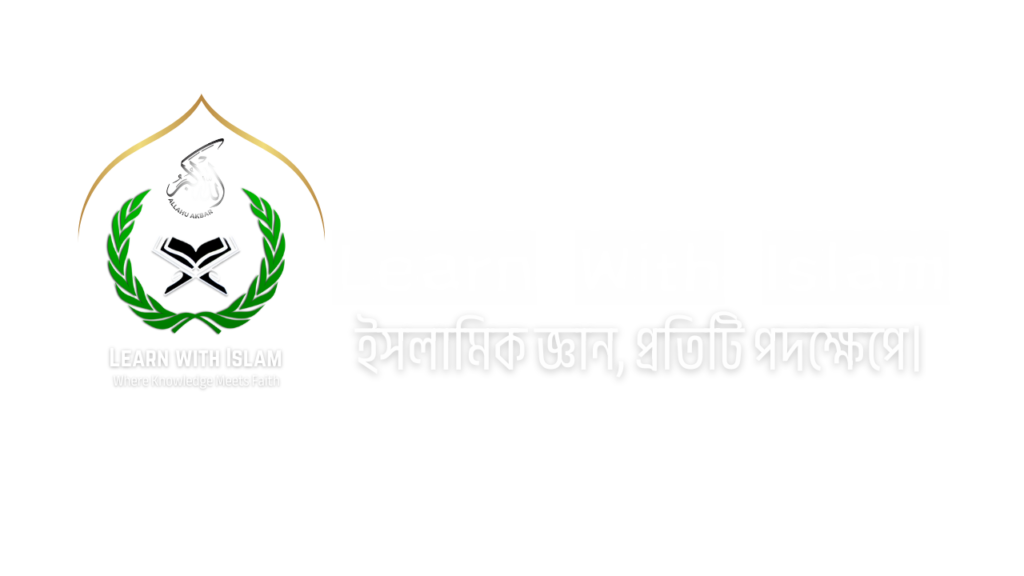Al-Lail (الليل)
بِسْمِ اللَّهِ الرَّحْمَٰنِ الرَّحِيمِ وَاللَّيْلِ إِذَا يَغْشَىٰ
Wallaili izaa yaghshaa
CONSIDER the night as it veils [the earth] in darkness,
وَالنَّهَارِ إِذَا تَجَلَّىٰ
Wannahaari izaa tajalla
and the day as it rises bright!
وَمَا خَلَقَ الذَّكَرَ وَالْأُنْثَىٰ
Wa maa khalaqaz zakara wal unthaa
Consider the creation of the male and the female!
إِنَّ سَعْيَكُمْ لَشَتَّىٰ
Inna sa'yakum lashattaa
Verily, [O men,] you aim at most divergent ends!
فَأَمَّا مَنْ أَعْطَىٰ وَاتَّقَىٰ
Fa ammaa man a'taa wattaqaa
Thus, as for him who gives [to others] and is conscious of God,
وَصَدَّقَ بِالْحُسْنَىٰ
Wa saddaqa bil husnaa
and believes in the truth of the ultimate good
فَسَنُيَسِّرُهُ لِلْيُسْرَىٰ
Fasanu yassiruhoo lilyusraa
for him shall We make easy the path towards [ultimate] ease.
وَأَمَّا مَنْ بَخِلَ وَاسْتَغْنَىٰ
Wa ammaa mam bakhila wastaghnaa
But as for him who is niggardly, and thinks that he is self-sufficient,
وَكَذَّبَ بِالْحُسْنَىٰ
Wa kazzaba bil husnaa
and calls the ultimate good a lie –
فَسَنُيَسِّرُهُ لِلْعُسْرَىٰ
Fasanu yassiruhoo lil'usraa
for him shall We make easy the path towards hardship:
وَمَا يُغْنِي عَنْهُ مَالُهُ إِذَا تَرَدَّىٰ
Wa maa yughnee 'anhu maaluhooo izaa taraddaa
and what will his wealth avail him when he goes down [to his grave]?
إِنَّ عَلَيْنَا لَلْهُدَىٰ
Inna 'alainaa lal hudaa
BEHOLD, it is indeed for Us to grace [you] with guidance;
وَإِنَّ لَنَا لَلْآخِرَةَ وَالْأُولَىٰ
Wa inna lanaa lal Aakhirata wal oolaa
and, behold, Ours is [the dominion over] the life to come as well as [over] this earlier part [of your life]:
فَأَنْذَرْتُكُمْ نَارًا تَلَظَّىٰ
Fa anzartukum naaran talazzaa
and so I warn you of the raging fire -
لَا يَصْلَاهَا إِلَّا الْأَشْقَى
Laa yaslaahaaa illal ashqaa
[the fire] which none shall have to endure but that most hapless wretch
الَّذِي كَذَّبَ وَتَوَلَّىٰ
Allazee kazzaba wa tawallaa
who gives the lie to the truth and turns away [from it].
وَسَيُجَنَّبُهَا الْأَتْقَى
Wa sa yujannnabuhal atqaa
For, distant from it shall remain he who is truly conscious of God:
الَّذِي يُؤْتِي مَالَهُ يَتَزَكَّىٰ
Allazee yu'tee maalahoo yatazakkaa
he that spends his possessions [on others] so that he might grow in purity –
وَمَا لِأَحَدٍ عِنْدَهُ مِنْ نِعْمَةٍ تُجْزَىٰ
Wa maa li ahadin 'indahoo min ni'matin tujzaaa
not as payment for favours received,
إِلَّا ابْتِغَاءَ وَجْهِ رَبِّهِ الْأَعْلَىٰ
Illab tighaaa'a wajhi rabbihil a 'laa
but only out of a longing for the countenance of his Sustainer, the All-Highest:
وَلَسَوْفَ يَرْضَىٰ
Wa lasawfa yardaa
and such, indeed, shall in time be well-pleased.
Meaning
The Opening
Ayas
The Opening
Revelation
The Opening
Surah No
1
Surah Al-Lail deals with the themes of human effort, choices, and the consequences of one’s actions. The key messages are:
Contrast between the righteous and the wicked: The Surah compares the paths of those who are generous and those who are selfish, outlining the different outcomes they will face.
The importance of good deeds: It highlights that a person’s success in the Hereafter depends on the choices they make, specifically regarding their wealth and actions towards others.
Effort and results: The Surah emphasizes that one’s actions are significant, and through sincere effort, one can either follow the path to success or fall into ruin
Guidance on wealth and morality: The Surah was revealed to guide people on the proper use of wealth and the importance of generosity. It contrasts those who hoard their wealth and act selfishly with those who use their resources to help others and please Allah.
A reminder of consequences: It stresses that all actions have consequences, either leading to spiritual success or destruction. The Surah is a call to use one’s life and resources in service to Allah and to do good for others.
Reflection on night as a symbol: The night is used as a metaphor for the trials and challenges one faces, while the day symbolizes guidance, success, and the path to righteousness.
Encourages generosity: Reciting this Surah encourages believers to use their wealth in a charitable manner, to help those in need, and to live a life of kindness.
Promotes reflection on one’s actions: The Surah serves as a reminder for self-reflection, encouraging believers to evaluate their choices, particularly their use of wealth and their treatment of others.
Spiritual growth and protection: Reciting Surah Al-Lail is believed to aid in the purification of the soul, providing strength to overcome challenges and fostering a sense of contentment and peace.
The importance of charity:
The Prophet Muhammad (ﷺ) said: “The upper hand is better than the lower hand. The upper hand is that of the giver, and the lower hand is that of the one who receives.” (Sahih Muslim)
On the impact of one’s actions:
The Prophet (ﷺ) said: “The actions that bring a person closer to Allah are the ones that benefit others.” (Sahih Bukhari)
“If you find any mistakes in this, please let us know. For a more accurate translation, please refer to the English version. May Allah forgive us for any unintentional mistakes.”

